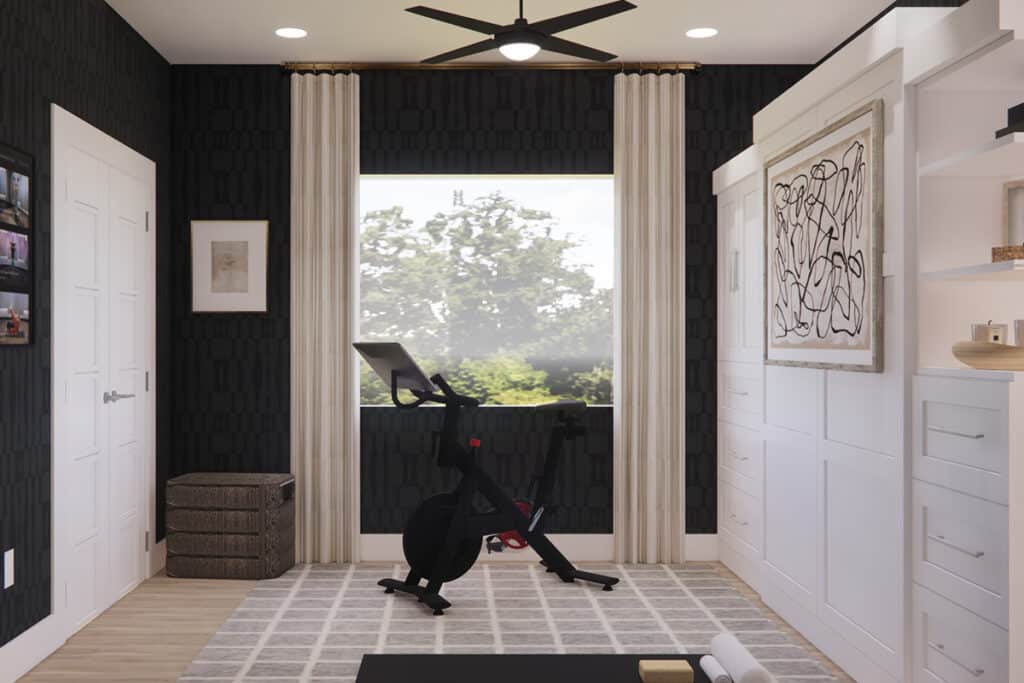On June 29, 2007, the first iPhone was released. Up to this point, existing “smartphones” only provided phone, email and internet capabilities, but Apple’s revolutionary device did so much more. Its easy usability and its versatility were two of the new smartphone’s most prominent features. Anyone could use it, and it would easily work with third-party applications.
Fast forward 11 years after its initial release, and there’s no limit to what you can do with your iPhone and/or comparable smartphone device. From listening to music and editing pictures to tracking your fitness goals, playing games and conducting banking transactions; you name it, there’s an app for it. We are all dependent on our wireless devices, and they’ve become an
integral part of life – even for our children.
From school communications to homework apps and social media, our children are also obsessed with the ease of use and convenience that smartphones offer. It’s not out of the ordinary to see children as young as six years old with their own smartphone, and schools have even updated their handbooks to include them.
Although these powerful devices may have simplified life for us in many ways, it’s important to recognize the complications they’ve also created – one of which is distraction. Ironically, these communication devices are distracting us all from each other and preventing us from being fully present when we are together. So much so that they have incited social media wars and have attributed to countless articles and blog posts surrounding their use while caring for little ones.
It’s not uncommon to see families sitting together and not communicating because one or all of them are on their phones. We’ve all witnessed parents on the sidelines at sports games or at a park staring at their screens while their little ones play. We’ve all passed the occasional cart at H-E-B holding a toddler and smart device while their parent shops. Some of us may have even experienced the incessant tug on our shirts while we’re mid-transaction or text and told our little ones to wait “just a minute.”
Have smartphones, whose initial purpose was to improve the lines of communication between people, created communication barriers?
Make no mistake, I am not guiltless of these infractions, nor do I wish to incite a debate about the proper use of smartphones. Like many parents, I’ve used the convenience and ease of multitasking that these wonderful devices offer. They make life easier, and in this very complicated world we live in, it’s difficult not to take advantage of that.
What I wish to convey is the idea that as parents, we need to remember the basic fundamentals of family life – one of which is being truly present. Keeping a good balance between smartphone usage and knowing when to unplug can prevent us from missing out on the important and human moments in life that we should all enjoy.
Here are a few ways to balance the smartphone distraction struggle:
- Designate a “phone-free” time in your home. Whether it’s during meal times or after a certain hour, your family can benefit from unplugging and being together daily.
- Designate “phone-free” situations. As a parent, it’s crucial to be available via cellular at all times, but many apps aren’t necessary during important functions. You can designate phone-free time during outings, sports games, and/or school events to be more present and enjoy that time with your children. Keep your phone on you for emergency calls, but try not to use it for texting and apps.
- Anti-boredom rule. Observing and learning about the world around you is better when done in real life. Sitting in a waiting room, waiting at a restaurant, or being a passenger can be enjoyed without the use of a smartphone. Use the opportunity to talk and have your children observe the world around them instead.
- Playdates should be phone-free. Playdates should be phone-free. Developing social skills and interacting face-to-face are important for children’s development. Limit or avoid smart device usage for kids during playdates, and encourage healthy or physical play.
- Limit the number of apps. There are apps for everything, but children don’t need them all. The fewer they have, the less time they’ll be locked to their screens. Limit the number of apps they have on their phone or pick a few age-appropriate apps and trash the rest.
- Family phone time. Smartphone usage isn’t all bad, especially when used wisely. You can use phone time as an opportunity to spend time together. Try playing a game using an app together as a family. Not only can it be fun, but it can also help you to communicate more.
Smartphone Safety
In addition to distractions, it’s also important to note that smartphones can pose a number of threats to our children’s safety. To ensure their safety while using apps, browsing online or texting, be sure to monitor how your children are using their smartphones. Here are three safety precautions to take when allowing your
children to use a smartphone:
- Parent Controls. It’s important to know and/or limit what your children are being exposed to on a daily basis. You can limit the amount of time and type of apps your children have access to on their phone through parent controls.
- Know the apps. Be sure to review and discuss new games and apps before downloading. You should always know what they are watching or playing, and who they are communicating with through apps.
- Know their passwords. Parents should have access to their children’s phones at all times.
Smart devices are extremely useful and convenient, and they give us a way to communicate with our children when we’re not together. However, when we are together, it’s important to make good use of that time by remaining fully present. Finding a good balance between phone and family time can help your family to communicate more, learn, play and grow together.
By Pamela Miller






One Response